Following the death of President Ebrahim Raisi in a helicopter crash the previous month, Iranians on Friday went to the polls to cast their ballots and choose a new president.
The region is experiencing elevated tensions following the conflict in Gaza, and the country’s economic struggles, exacerbated by sanctions, are causing widespread discontent among the population during the presidential election.
A single reformist candidate is attempting to make headway against a splintered conservative faction.
Approximately 61 million Iranians are eligible to participate in the election.
The Guardian Council, responsible for candidate vetting, has cleared a trio of top contenders: Mohammad Bagher Ghalibaf, the conservative speaker of parliament; Saeed Jalili, a hardline former nuclear negotiator; and Masoud Pezeshkian, the sole reformist candidate, to run in the presidential election.
The field of candidates has narrowed to four, with cleric Mostafa Pourmohammadi being the only other contender besides the top three.
Two ultraconservative candidates, Alireza Zakani, the mayor of Tehran, and Amir-Hossein Ghazizadeh-Hashemi, a former vice president under Raisi, unexpectedly withdrew from the race on the eve of the election.
Voting was underway at 58,640 polling stations across the country, mostly in schools and mosques.
Supreme leader Ayatollah Ali Khamenei, who holds ultimate political power in the Islamic republic, shortly after voting said: “Election day is a day of joy and happiness for us Iranians.
“We encourage our dear people to take the issue of voting seriously and participate.”
Persecondnews recalls that in the previous election in 2021, voter turnout was approximately 49%, with many citizens choosing to boycott the election after the Guardian Council barred numerous reformist and moderate candidates from running, leading to widespread disillusionment and apathy.
Ahead of this election, some voters expressed concerns about the mounting effects of soaring inflation and the decline of the rial against the dollar.
However, the trickle of voters who cast their ballots on Friday expressed their loyalty and backing for the established political order, demonstrating their commitment to the system.
Mohammad Reza Hadi, a 37-year-old student in Tehran, told AFP: “We are taking part in the election to determine the political fate and governance of our country ourselves.”
Ehsan Ajdi, 39, a public sector worker in the capital, added, “The reason for our participation is that we are on the path of democracy… demonstrated through elections.”
Iran’s opposition, particularly those in exile, has urged a boycott of the election, deeming it illegitimate.
However, the surprise candidacy of Masoud Pezeshkian, a previously lesser-known figure, has rekindled tentative optimism within the reformist faction, which has been marginalized for years by the dominant conservative and ultraconservative forces.
Pezeshkian has received a glowing endorsement from former President Mohammad Khatami, who described him as ‘honest, fair, and compassionate.
Khatami, who led the country from 1997 to 2005, had also thrown his support behind Hassan Rouhani, a moderate who won the presidency in 2013 and negotiated the landmark nuclear agreement with Western powers in 2015, only to see it unravel three years later.
Supreme Leader Ali Khamenei emphasized that the ideal candidate must be deeply committed to the ideals of the 1979 Islamic Revolution, which toppled the US-backed monarchy.
He stressed that the next president must enable Iran to achieve self-sufficiency and independence from foreign powers, while also maintaining diplomatic relations with the international community, rather than isolating itself completely.
In the presidential debates, Saeed Jalili lambasted the moderate candidates for their role in negotiating the 2015 nuclear deal, which he argued compromised Iran’s interests by agreeing to limit its nuclear program in exchange for temporary sanctions relief.
Jalili, who previously headed Iran’s nuclear negotiations from 2007 to 2013, denounced the 2015 nuclear agreement as having yielded no benefits for Iran.
He criticized the deal, which was unilaterally abandoned by the US in 2018 under President Donald Trump, as a failed endeavor that failed to deliver on its promises.
Pezeshkian has urged efforts to salvage the agreement and lift crippling sanctions.
He said: “Are we supposed to be eternally hostile to America, or do we aspire to resolve our problems with this country?”
On the eve of the ballot, the United States on Thursday announced sanctions against shipping companies based in the United Arab Emirates, for transporting Iranian oil, saying it was a response to “escalations” in Iran’s nuclear program.
The contentious topic of mandatory headscarves for women resurfaced during the campaign, nearly two years after widespread protests erupted across the country following the death of Mahsa Amini, a 22-year-old woman who died in police custody, sparking a national outcry over women’s rights and freedoms.
Authorities detained Amini, a Kurdish Iranian woman, for allegedly breaking the country’s strict dress code regulations, which require women to wear modest attire, including a hijab.
During the televised debates, all presidential candidates publicly disavowed the harsh tactics employed by law enforcement in enforcing the hijab law, particularly the violent arrests of women who refuse to wear the headscarf in public.
Notably, Mohammad Pourmohammadi, the sole clerical candidate, unequivocally stated that ‘under no circumstances should Iranian women be treated with such brutality and cruelty.
Polling stations are scheduled to remain open until 6:00 p.m. (1430 GMT), though voting could be extended as in previous elections.
Preliminary results are anticipated by Saturday morning, with official results expected by Sunday.
On July 5, a runoff election will take place if no candidate receives a majority of 50% or more, marking only the second time in Iran’s electoral history that a second round has been required, the first being the 2005 election.












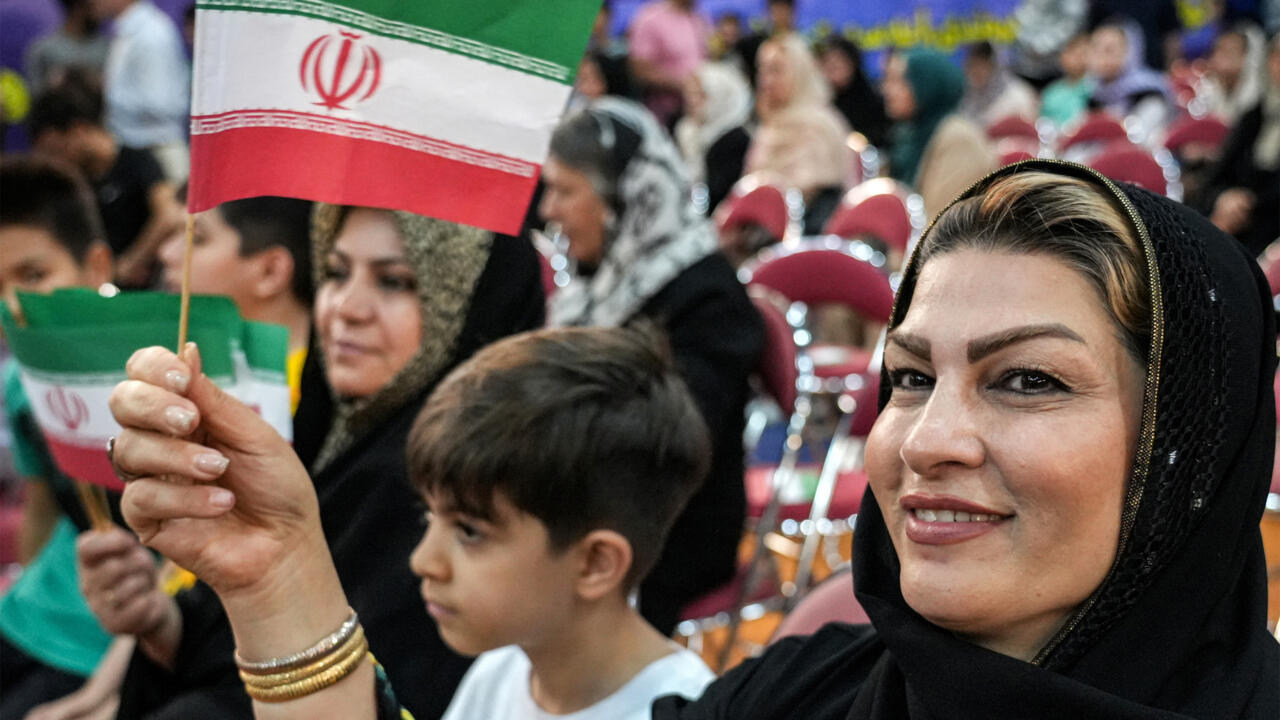

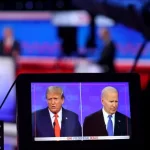
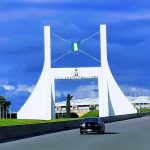




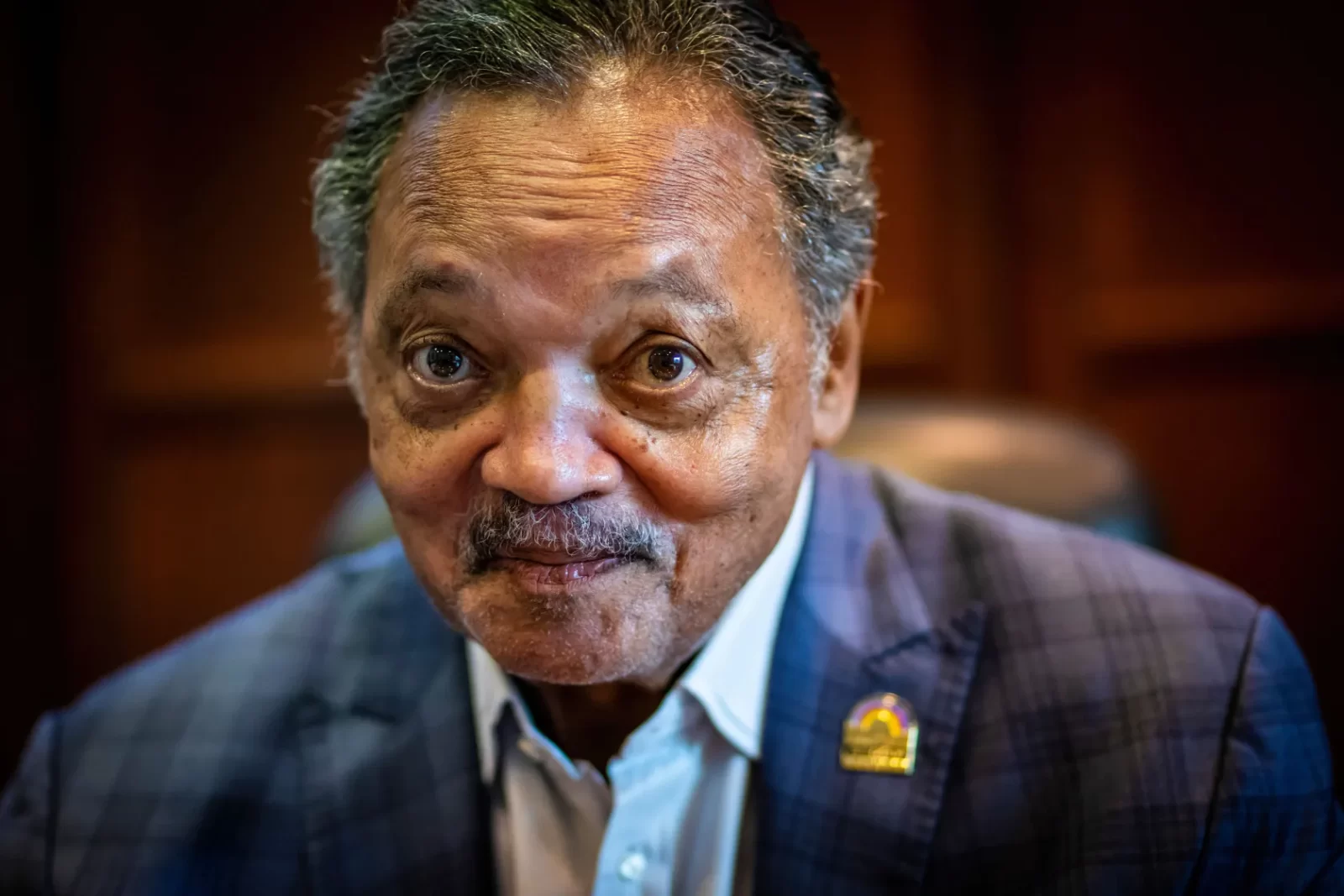

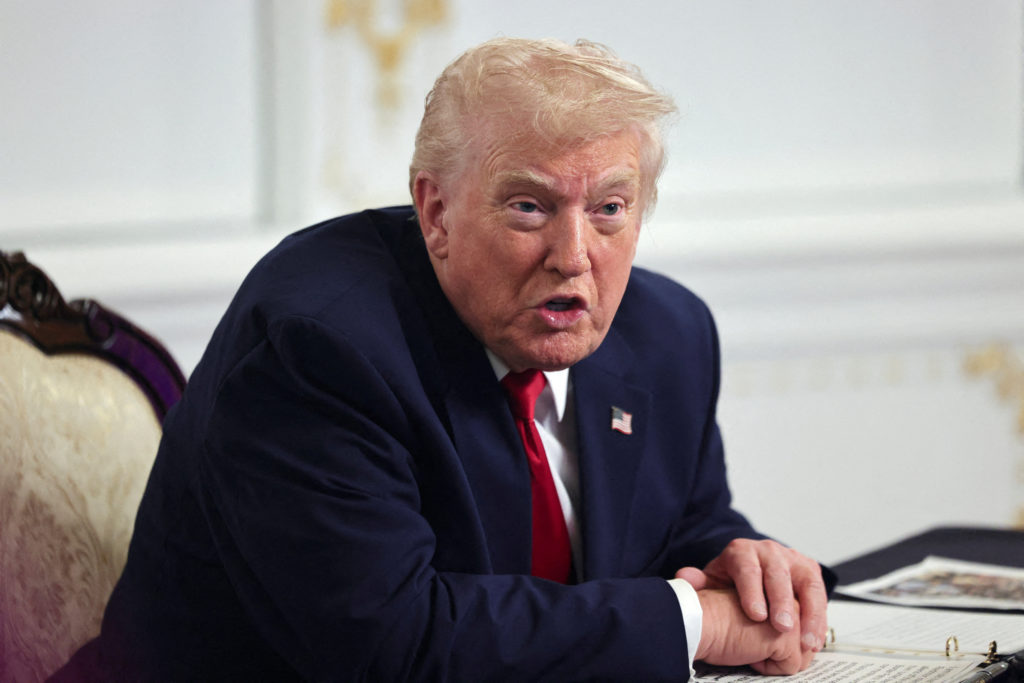

Leave a comment